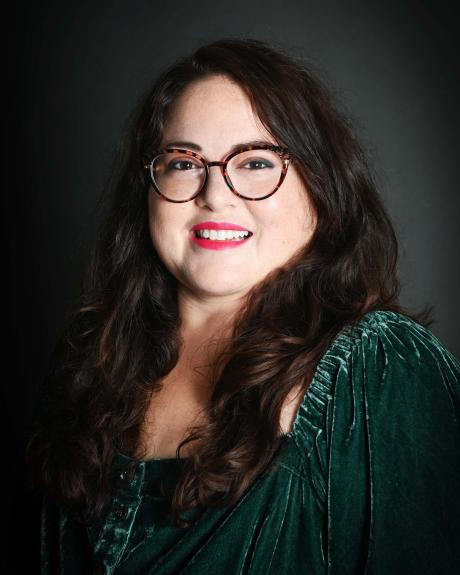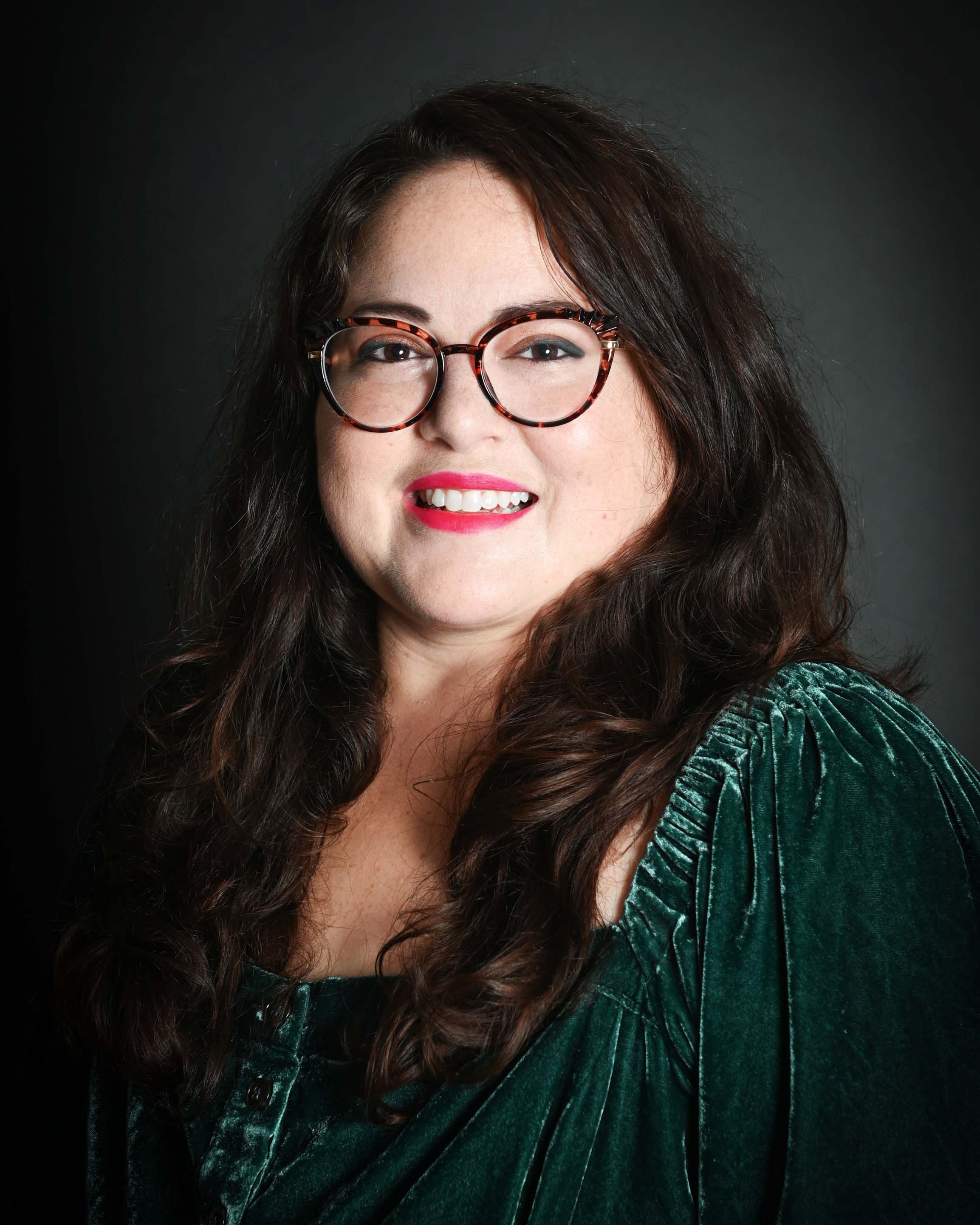GME adds Forensic Pathology Fellowship in Pensacola to its offerings


With ubiquitous TV shows such as “CSI: Crime Scene Investigation” and its spinoffs, one would think we are awash in forensic pathologists. That, unfortunately, is false.
Television shows have done a good job underscoring the importance of the work forensic pathologists do, but in reality, there is a shortage of these medical professionals. According to the National Association of Medical Examiners, there are approximately 800 board-certified forensic pathologists are working nationwide.
Enter the Florida State University College of Medicine’s Graduate Medical Education Program, which partnered with the District One Medical Examiner’s Office in Pensacola, to create a one-year Forensic Pathology Fellowship that is accepting two physicians each year.
Fellowships provide physicians with the opportunity to gain hands-on experience in various aspects of forensic pathology, including performing autopsies, conducting research, and working with legal and forensic professionals.
“These medical professionals help ensure justice and accountability for victims and perpetrators of crimes and violence,” said Lorraine Lopez, M.D., program director of the new fellowship and associate medical examiner for District One, where the clinical education will take place. “And, most importantly, they help provide closure and clarity to families who lost loved ones to sudden, unexpected, violent or suspicious deaths.”
In addition to conducting autopsies, examining tissue samples and collecting evidence, forensic pathologists provide expert testimony in courtrooms, assist law enforcement agencies and contribute to public health and safety.
In Florida, there are three other forensic pathologist programs. They are in the Miami-Dade County Medical Examiner’s Department, Broward County Medical Examiner’s Office, and at the University of South Florida. FSU and USF are the only university-sponsored programs in the state.
“Fellowship programs like these are essential for developing the competence and confidence of the future forensic pathologists, as well as for maintaining the quality and standards of the profession,” Lopez said. “The fellowship program at FSU and the District One Medical Examiner’s Office was established to address the forensic pathologist shortage in the U.S. It also allows us to develop programs in the Florida panhandle and provide quality forensic pathology services to the community.”
With the addition of the Forensic Pathology Fellowship in Pensacola the College of Medicine’s Office of Graduate Medical Education now sponsors 14 residency or fellowship programs, encompassing 205 combined residents or fellows.
Contact Patrick Crowley, Director of Public Affairs & Communications, at patrick.crowley@med.fsu.edu
Photo at top: Lorraine Lopez, M.D., program director of the new Forensic Pathology Fellowship, is the associate medical examiner for District One.

